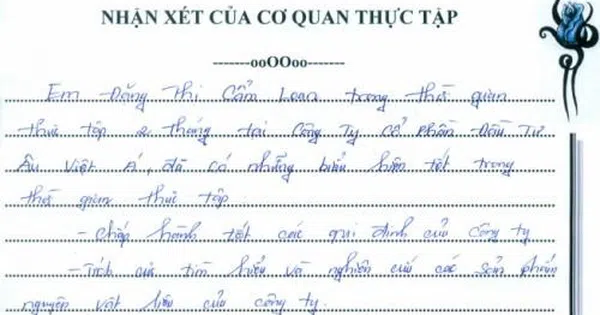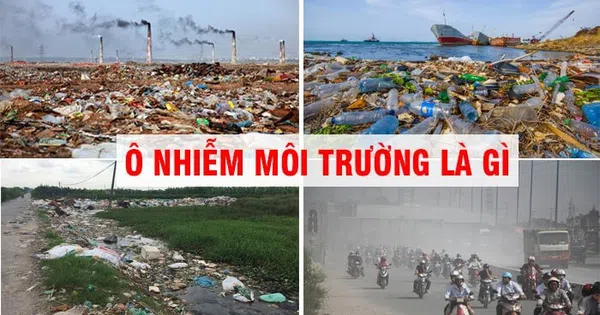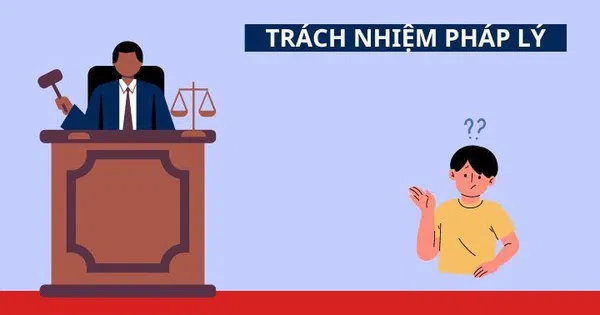Understanding specific examples of administrative violations and the elements that constitute administrative violations is very important in raising awareness of law compliance among all organizations and individuals in Vietnam. From there, relevant parties can proactively prevent, fully comply with administrative obligations and avoid being punished for administrative violations.
Examples of common administrative violations in Vietnam
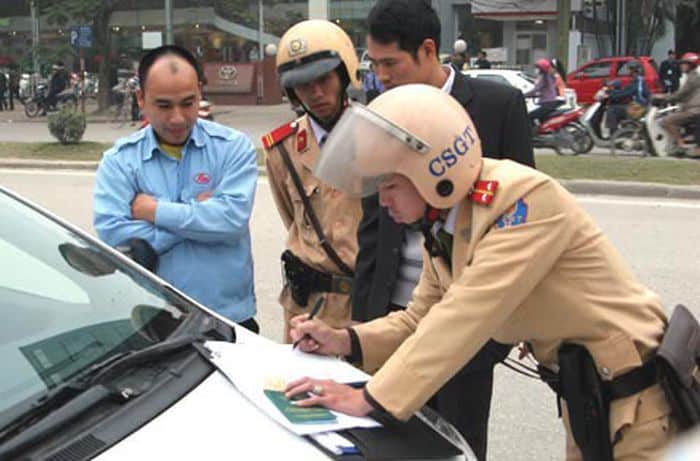
Recently, in Vietnam, there have been many examples of common administrative violations that affect social order and safety. These include:
Violations of traffic order and safety
- Failure to comply with traffic controller’s orders or instructions.
- Driving over the speed limit.
- Driving while drinking alcohol or beer above the permitted concentration.
- Not wearing a helmet when participating in traffic by motorbike or scooter.
- Parking or stopping in the wrong place.
Violation of public order and safety
- Disturbing public order in public places.
- Littering, dumping waste in public places.
- Illegal possession and use of drugs.
- Production, trade, transportation of prohibited goods.
- Violence, violation of life and health of others.
Violations of business, tax, customs
- Doing business without a license.
- Failure to pay or incomplete payment of taxes, false declaration.
- Illegal transportation of goods and currency across borders.
- Providing fake or false information or documents.
- Failure to comply with administrative penalty decisions.
Violations in management and use of resources and environment
- Discharge of pollutants exceeding permitted standards.
- Illegal exploitation and use of natural resources.
- Not implementing environmental protection measures as prescribed.
- Storing, transporting and using toxic chemicals in violation of regulations.
- Invasive, degraded biodiversity.
These are just a few typical examples of common administrative violations in Vietnam. Each field has its own regulations and violations. Therefore, it is necessary to have a good grasp of the legal regulations to avoid unintentional violations and proactively comply.
Analysis of elements constituting administrative violations according to the provisions of law
According to the provisions of the Law on Handling of Administrative Violations, for an act to be determined as an administrative violation, the following elements must be present:
Violating subject
The subject of administrative violations can be an individual or an organization. Specifically:
- Individuals: Including Vietnamese citizens, foreigners, and stateless persons.
- Organization: Includes economic, social, political, administrative and career organizations.
The violator must have administrative capacity, meaning he or she must have the capacity to perceive and control his or her own behavior.
Violation
Administrative violations are specific acts that are considered violations by law and have prescribed forms and levels of punishment. These acts can be actions or inactions (violations of obligations).
Illegal
Violations must be acts that are contrary to the provisions of law, regardless of whether the subject is intentional or unintentional.
Error
The violating subject must be at fault, which can be intentional or unintentional. Intentional fault is when the subject knows that his/her behavior is illegal but still commits it. Unintentional fault is when the subject does not know that his/her behavior is illegal.
Consequences of action
Administrative violations must cause or be capable of causing negative consequences to administrative management order, social order and security.
Only when the above 5 elements are met will the subject’s behavior be determined to be an administrative violation and subject to penalties according to regulations.
Responsibilities of individuals and organizations in performing administrative obligations
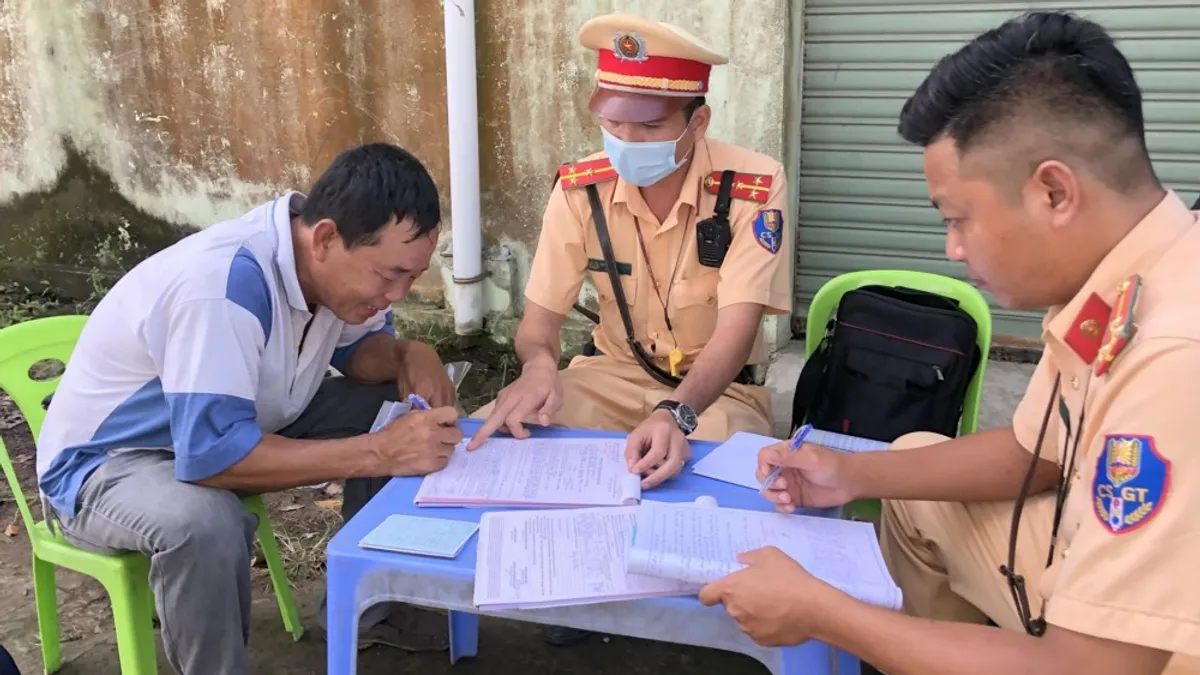
The performance of administrative obligations is the responsibility not only of individuals but also of organizations. Specifically:
Personal responsibility
- Comply with the provisions of law on administrative conduct and obligations.
- Declare and pay all financial obligations as prescribed.
- Provide accurate and honest information and documents when requested by competent authorities.
- Comply with administrative sanction decisions of state agencies.
- Timely remedy the consequences caused by violations.
Organizational responsibilities
- Develop, promulgate and organize the implementation of internal regulations on legal compliance.
- Assign and supervise the performance of administrative obligations of individuals in the organization.
- Provide complete and accurate information and documents when requested by state agencies.
- Strictly comply with decisions on administrative sanctions.
- Compensation for damages and remedies for consequences caused by violations.
Fully performing administrative obligations is not only a legal responsibility but also demonstrates the awareness and responsibility of each individual and organization to society.
Procedures for handling administrative violations and ensuring the legitimate rights of the parties
When an administrative violation occurs, the competent state agency will take steps to handle it in accordance with legal regulations, while ensuring the legitimate rights of the parties involved.
Administrative violation handling procedures
- Record administrative violations: Record full information about the incident and the violator.
- Making decisions on administrative sanctions: Determining the appropriate form and level of sanctions.
- Enforcement of penalty decisions: Apply coercive measures if necessary.
- Handling complaints and denunciations: Review and resolve complaints and denunciations of the parties.
Ensure the legitimate rights of the parties
- Be fully informed of the case, your rights and obligations.
- Be explained and guided on procedures and order of handling violations.
- Have the right to complain and denounce decisions and actions of competent agencies and individuals.
- Protected legal rights and interests when being handled for administrative violations.
- Mitigating measures may be applied if there are mitigating circumstances.
Proper implementation of procedures and ensuring the legitimate rights of the parties are mandatory requirements to ensure fairness and transparency in handling administrative violations.
The role of the police in preventing and handling administrative violations
The People’s Public Security plays a key role in preventing and handling administrative violations in Vietnam.
Preventive role
- Strengthen patrols and controls in key and sensitive areas.
- Coordinate with agencies and organizations to propagate and disseminate laws.
- Guide and assist citizens and organizations to properly comply with legal regulations.
- Timely detection and prevention of administrative violations.
Processing role
- Conduct administrative violation records and verify the incident.
- Apply coercive measures as prescribed (temporary detention of vehicles, temporary suspension of operations…).
- Make decisions on administrative sanctions or make recommendations to competent authorities.
- Monitor and urge the parties to comply with the penalty decision.
- Coordinate with relevant agencies to resolve complaints and denunciations.
The People’s Public Security is the main force, playing an important role in ensuring security and order, preventing and promptly handling administrative violations.
Measures to remedy consequences of administrative violations and spirit of warning and education
In addition to applying penalties, the law also provides remedial measures to restore the original state and educate and warn violators.
Remedial measures
- Force restore to original state.
- Forced demolition of illegal construction works.
- Forced destruction of violating goods and vehicles.
- Forced to return illegally obtained profits.
- Forced to take measures to remedy environmental pollution.
Spirit of warning and education
- Apply warnings for minor, first-time violations.
- Combine punishment with educational measures to deter violators.
- Require violators to pledge not to re-offend and to participate in community activities.
The application of remedial measures and the spirit of warning and education not only aims to restore social order but also helps to raise people’s awareness of law compliance.
Comparison of types of administrative violations and aggravating and mitigating circumstances
The law on administrative violations prescribes many types of violations and distinguishes between the levels of aggravation and mitigation of responsibility depending on each specific case.
Types of administrative violations
- Road traffic violations: Including speeding violations, traffic safety violations, alcohol violations…
- Environmental violations: Including discharge violations, forest violations, island violations…
- Construction violations: Including violations of planning, violations of illegal construction, violations of construction permits…
- Violations of public order: Including violations of security and order, violations of culture, violations of the fight against drugs…
Aggravating and mitigating circumstances
- Aggravated responsibility: When the violation causes serious consequences, is repeated many times, the violation is intentional, and has a great impact on society.
- Mitigation of responsibility: When the violator self-reports, cooperates in the settlement process, does not cause serious consequences, has a spirit of repentance…
Comparing types of administrative violations and determining aggravating and mitigating circumstances helps authorities make fair and transparent decisions.
Overview of the administrative violation handling system and the monitoring mechanism to ensure fairness

The administrative violation handling system in Vietnam is built on the basis of law, ensuring fairness, transparency and a strict monitoring mechanism.
Administrative violation handling system
- Agencies and organizations have the authority to handle administrative violations according to the provisions of law.
- The violation handling process is clear and transparent from the time of making the record to the time of implementing the decision.
- Ensure the legitimate rights of the parties and violators during the handling process.
Fairness assurance monitoring mechanism
- There is an agency to inspect and supervise the implementation of laws on administrative violations.
- Organize periodic inspections and audits of the operations of relevant agencies and organizations.
- Receive and handle complaints and denunciations about administrative violations that are not handled in accordance with regulations.
The system of handling administrative violations and the mechanism of monitoring to ensure fairness play an important role in maintaining social order and ensuring people’s compliance with the law.
Outlining measures to improve the effectiveness of law enforcement on administrative violations
To improve the effectiveness of law enforcement on administrative violations, it is necessary to apply specific measures to increase compliance and reduce violations.
Measures to improve efficiency
- Strengthening propaganda and dissemination of law: Promoting propaganda campaigns to raise people’s awareness of law compliance.
- Innovation in handling methods: Applying information technology, reducing procedures, increasing transparency in the process of handling violations.
- Improve staff capacity: Train and foster staff in handling administrative violations, ensuring expertise and professionalism.
- Promote coordination between agencies and organizations: Strengthen cooperation and coordination mechanisms between functional agencies to effectively handle violations.
Outlining and implementing measures to improve the effectiveness of law enforcement on administrative violations is a key factor to ensure social order and sustainable development.
Development trends of law on administrative violations in the future
In the context of an increasingly complex society, the law on administrative violations will also develop in the direction of adjustment and updating to meet practical needs.
Development trends
- Enhancing transparency and fairness in handling administrative violations.
- Innovate processing methods, apply information technology to the resolution process.
- Improve the professional capacity and expertise of officers handling violations.
- Promote coordination between agencies and organizations in handling administrative violations.
The development trend of the law on administrative violations in the future aims to create a legal system that is flexible, effective and fully meets the needs of society.
Conclude
In conclusion, the implementation of administrative obligations and handling of administrative violations requires strict compliance from individuals and organizations. The process of handling violations must ensure the legitimate rights of the parties and apply remedial measures, and educate the spirit of warning. The role of the police in preventing and handling administrative violations is undeniable. The development of laws on administrative violations must keep up with modern trends, creating a fair, transparent and effective system. Hopefully, through this article, readers have an overview of the issue of administrative violations in Vietnam and are aware of the importance of law compliance in society.
Tuyên bố miễn trừ trách nhiệm: sesua.vn là website tổng hợp kiến thức từ nhiều nguồn,Vui lòng gửi email cho chúng tôi nếu có bất cứ vi phạm bản quyền nào! Xin cám ơn!









